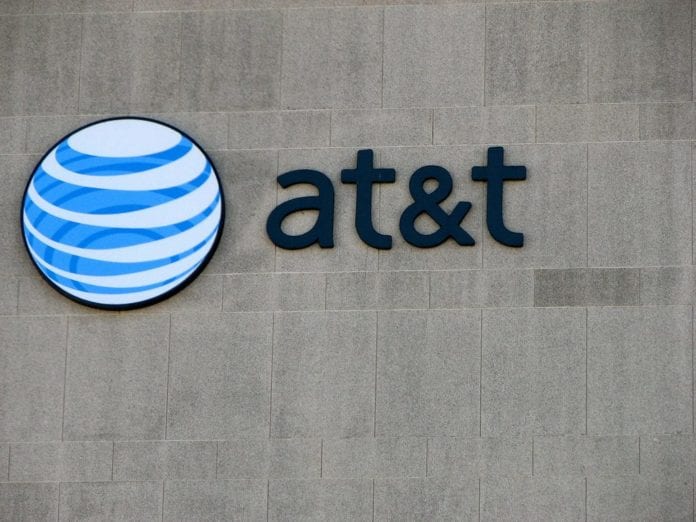AT&T Business CEO: ‘5G is going to be a game-changer for the healthcare industry’
AT&T is deploying a private 5G network, as well as Multi-access Edge computing (MEC), at the University of Southern California’s (USC’s) Lawrence J. Ellison Institute for Transformative Medicine to support cancer research, treatment and wellness education.
The combination of AT&T’s MEC and millimeter wave (mmWave) network, called its 5G+ service, will allow for faster data capture and analysis and will power new applications within the facility, such 3D tumor imaging and digital bracelets for patients that will map their journey through the 80,000 square-foot facility, allowing for appointment alerts to be sent to patients anywhere in the facility.
“Data is at the core of everything we do at the Ellison Institute, and our work with AT&T enables us to capture and employ that data in meaningful ways that benefits science and our patients,” said Dr. David Agus, CEO, Ellison Institute for Transformative Medicine of USC. “This collaboration is developing programs to use 5G to collect data from patients, healthcare providers and scientists, as well as using the Internet of Things to effectively manage our clinic and labs. It’s an exciting step forward.”
Other specific goals for the private network include connecting sensors given to researchers and staff, as well, to achieve better insight into how much patient interaction is taking place. Further, because of the ultra-low latency promised by the 5G network, doctors will be able to use data collected on-site to make quick medical care decisions. Lastly, the Institute is interested in personalizing the patient experience by tracking the type of music and lighting a patient likes and then using this information to create a preferred atmosphere in their room.
“5G is going to be a game-changer for the healthcare industry,” said Anne Chow, CEO, AT&T Business. “One lesson from this pandemic is there is a strong need to be able to treat and monitor patients remotely. 5G’s fast speeds and lower latency can help expand the use of telemedicine. And it can help deliver the near real-time data healthcare providers need to make quick decisions. The future of healthcare is about delivering a personalized patient experience and improving outcomes. 5G is already helping to make that a reality.”
Last month, AT&T announced plans to deploy a similar network at the University of Connecticut’s (UConn) Stamford campus to help “advance academic programs that will explore new use cases and expand entrepreneurial activity.” The collaboration will enable 5G to support the UConn Stamford Data Science Initiative, as well as the work of a team of data science research faculty that is currently being hired.
In the case of the USC partnership, AT&T’s MEC technology is scheduled to go live at the Institute in June 2021, and rollout of the 5G+ millimeter wave network at the Institute is scheduled to start later in the summer.

